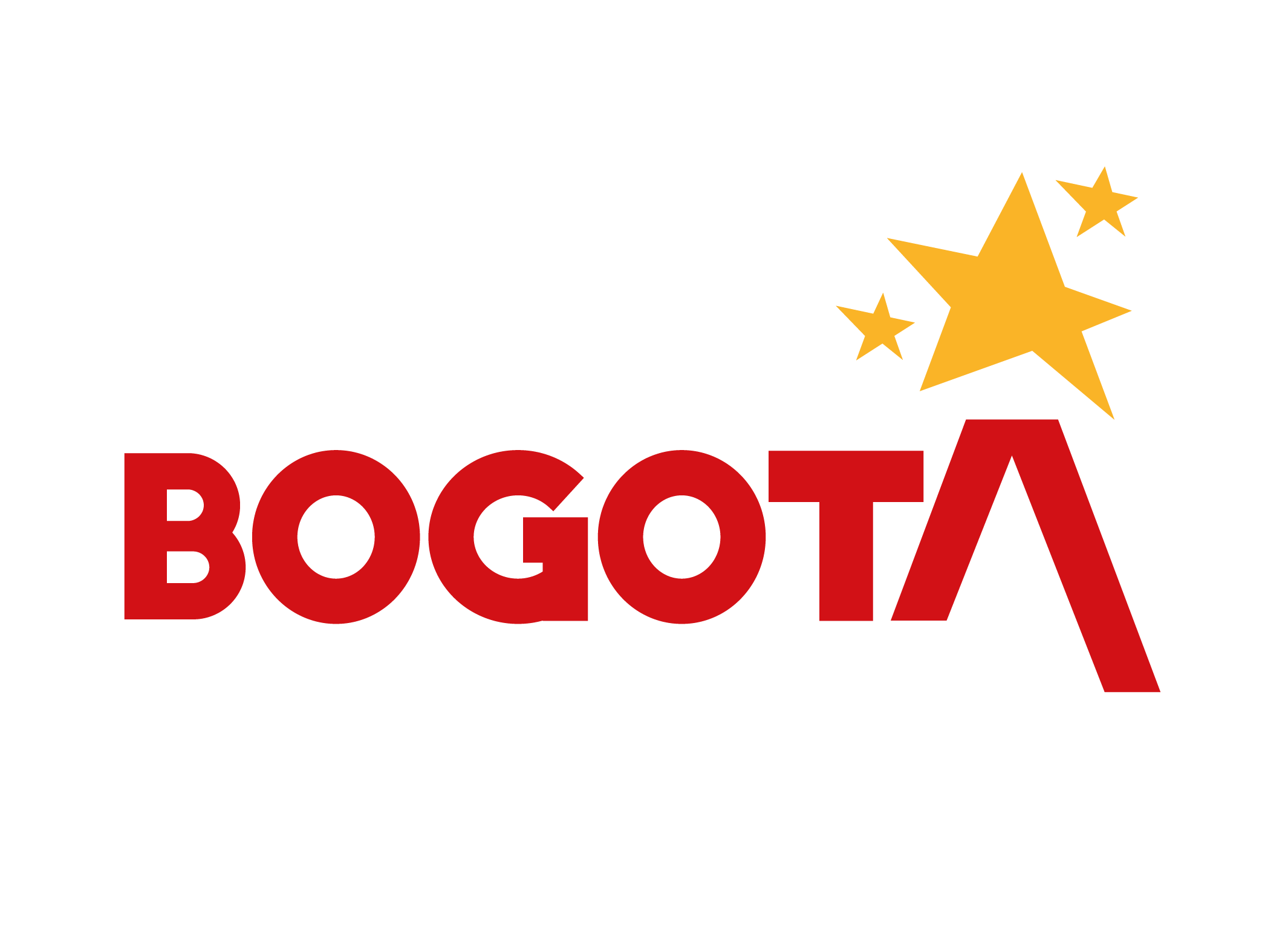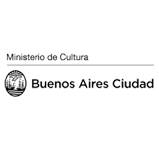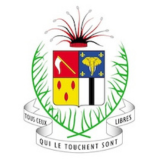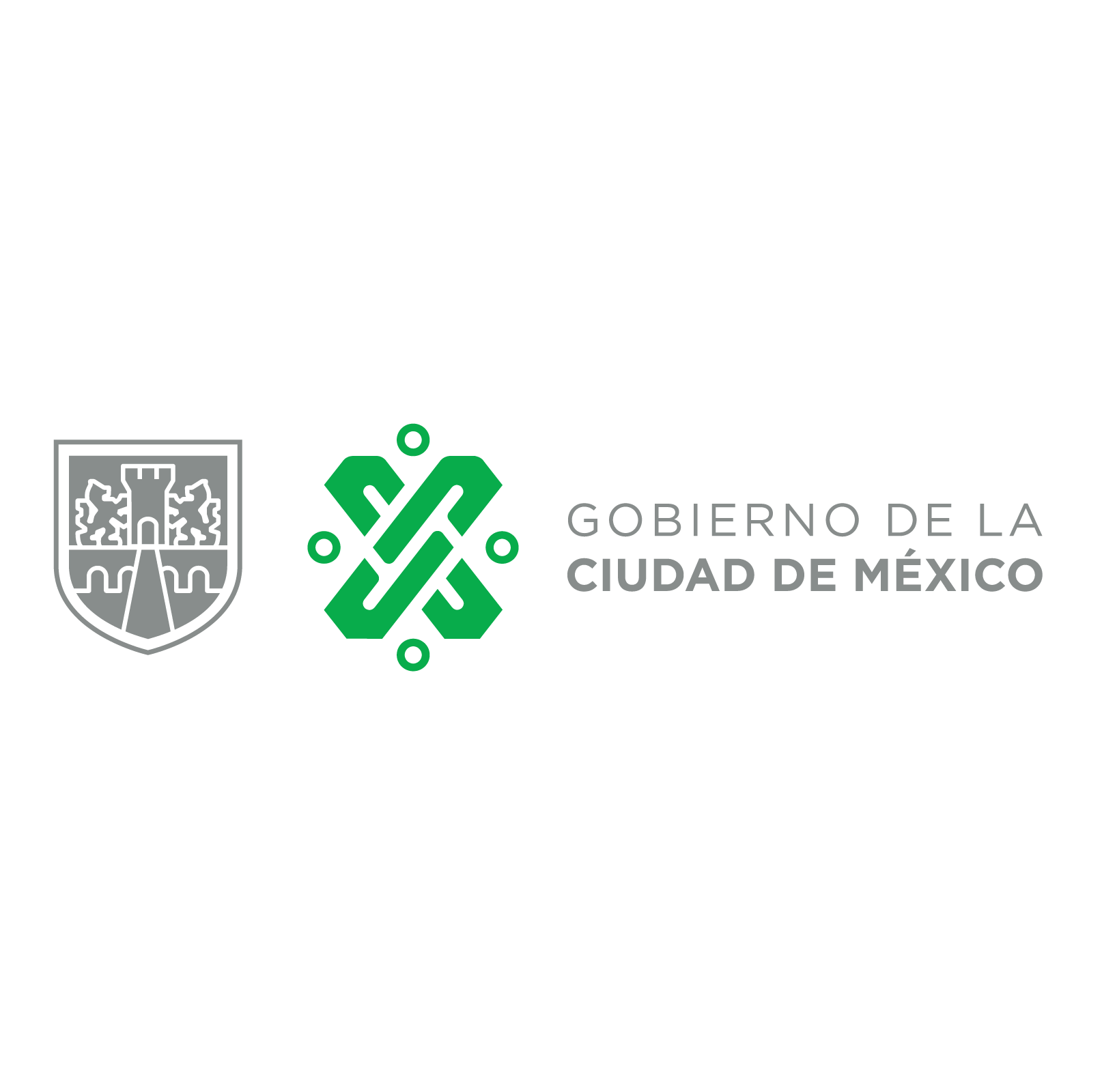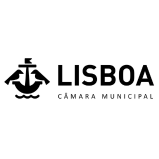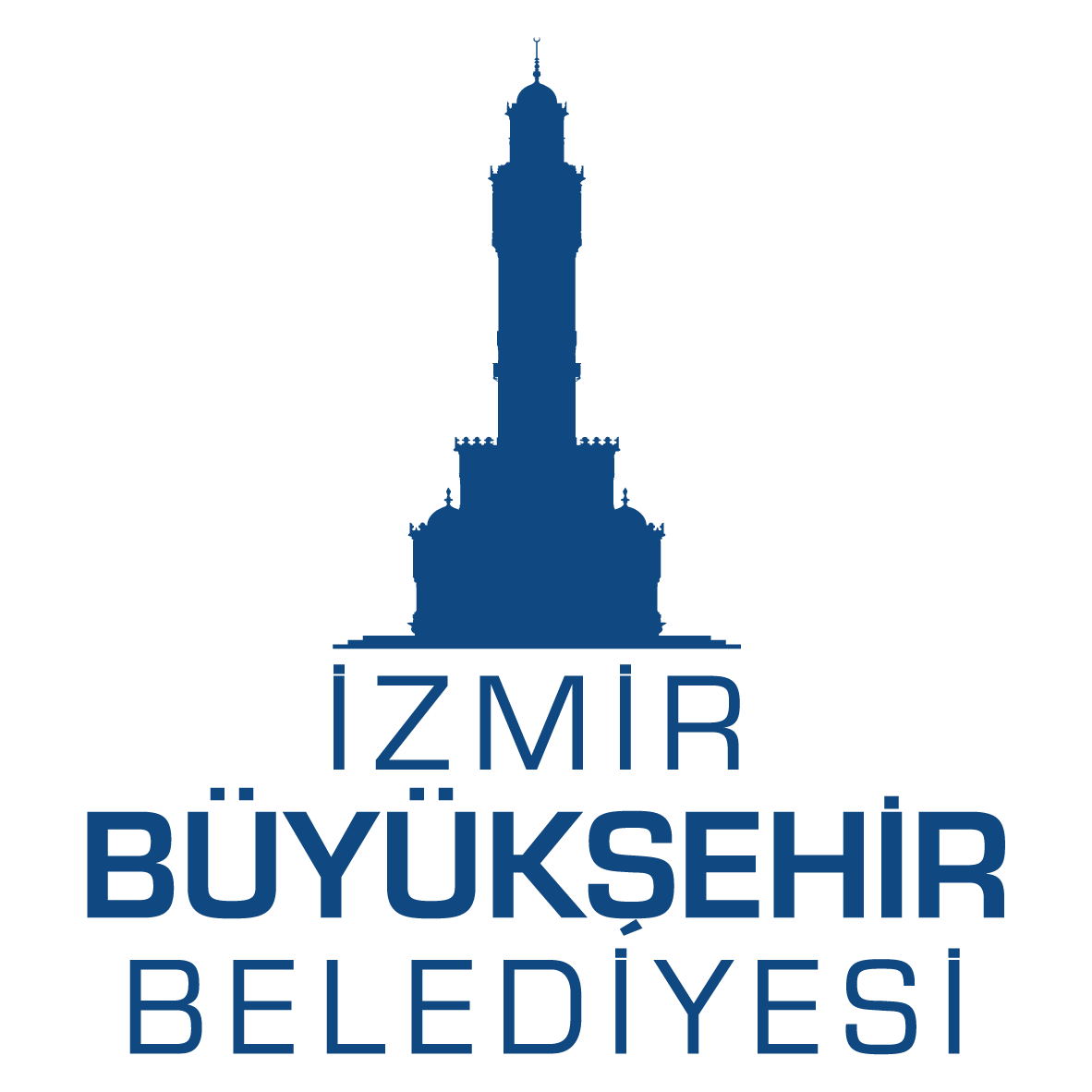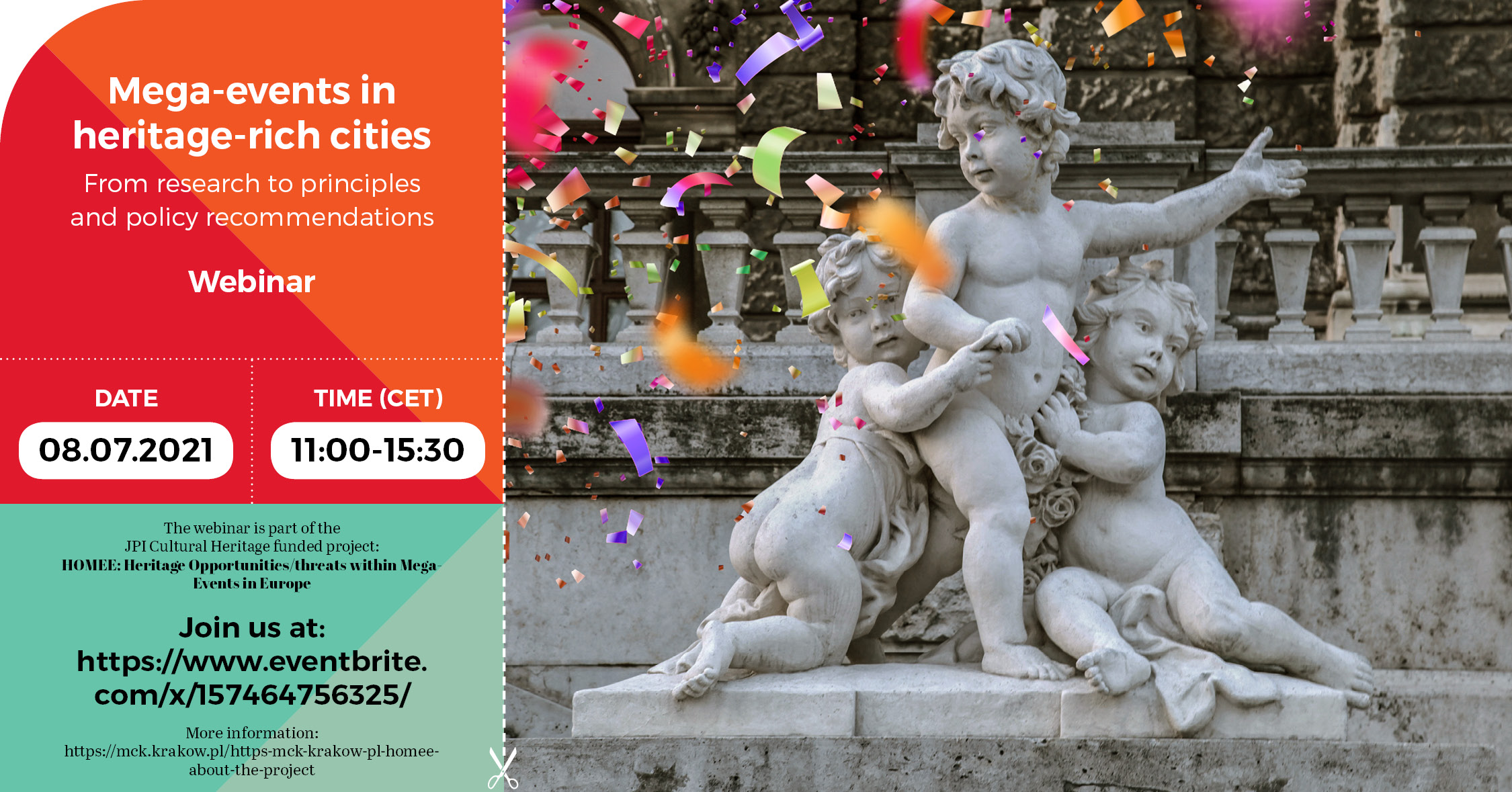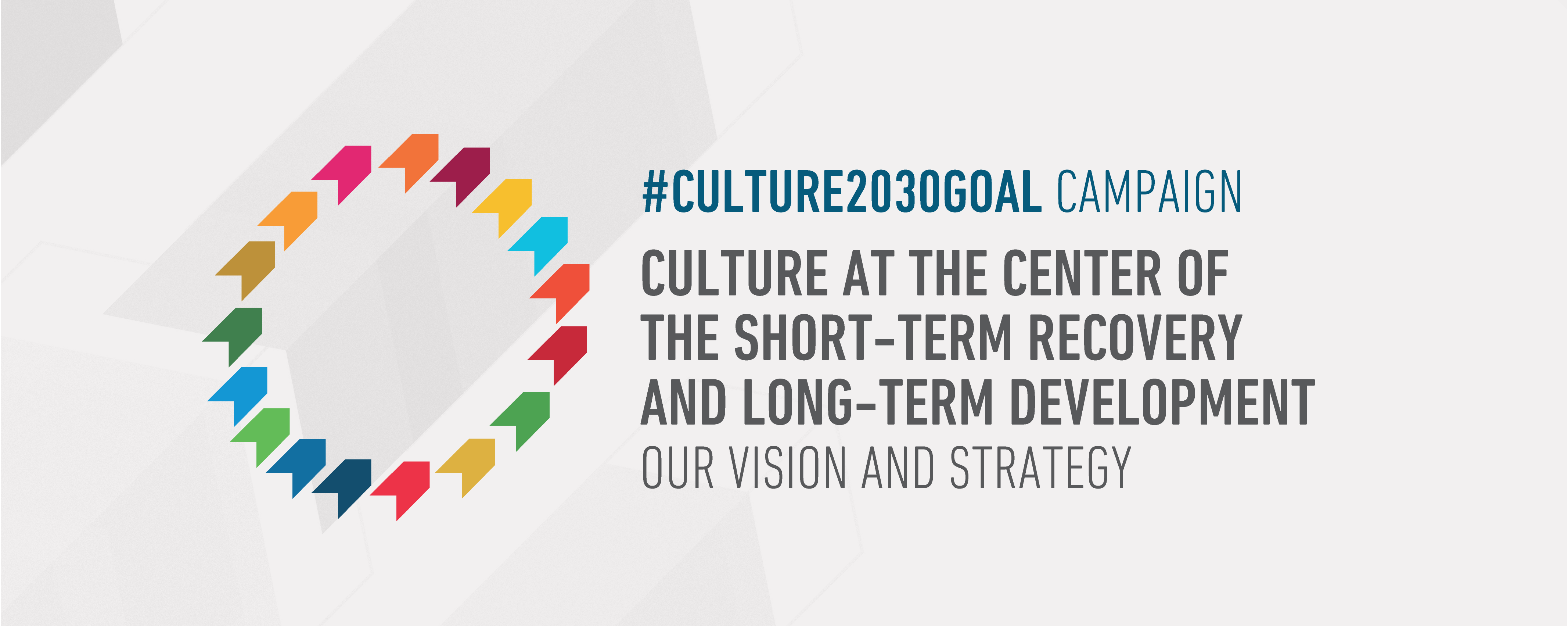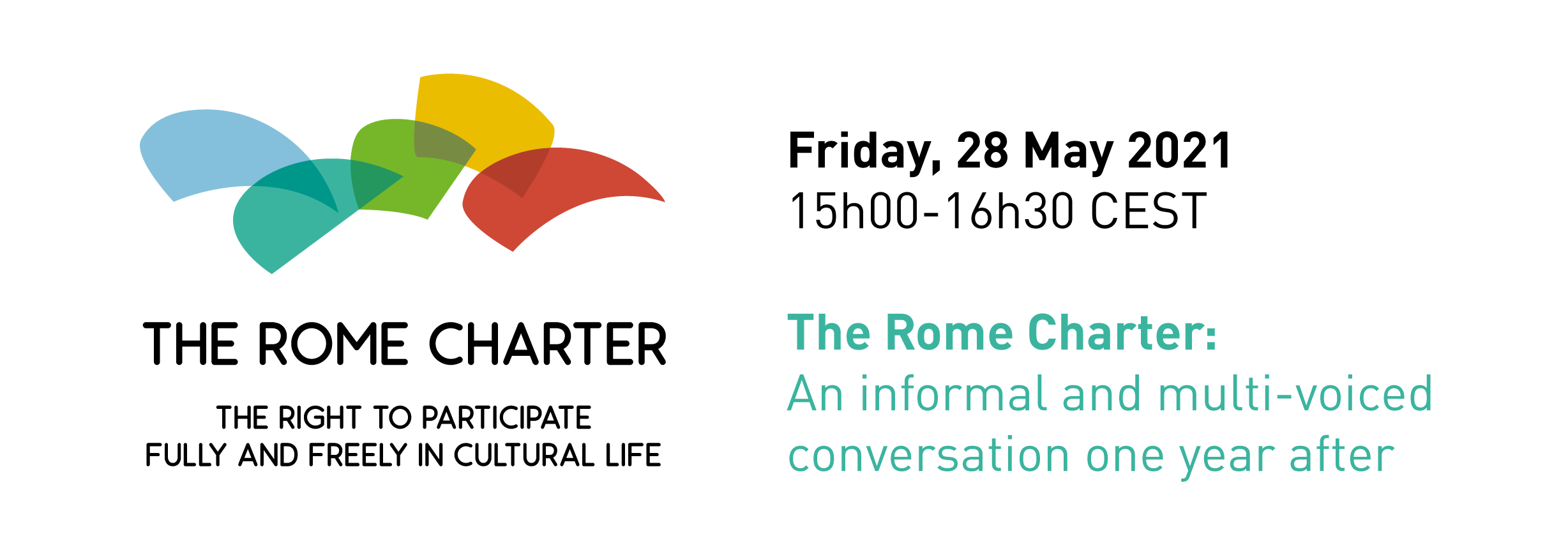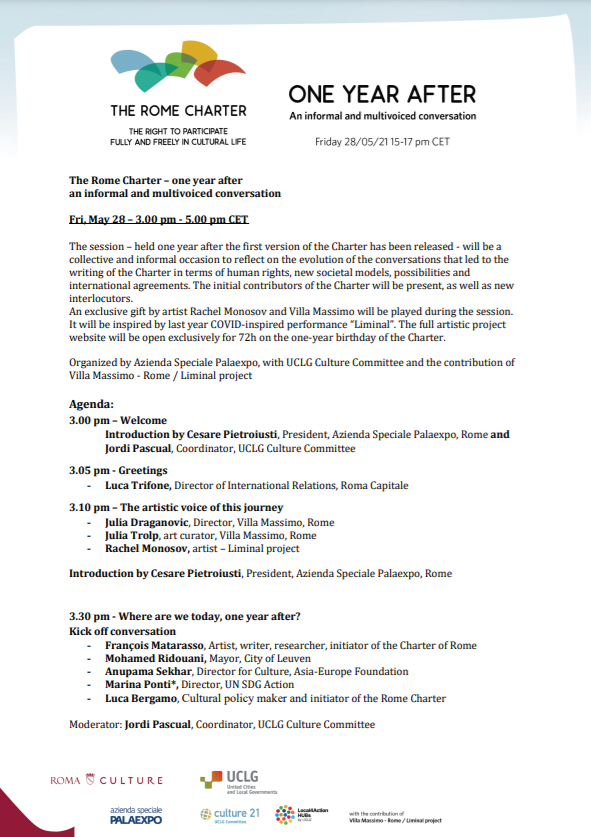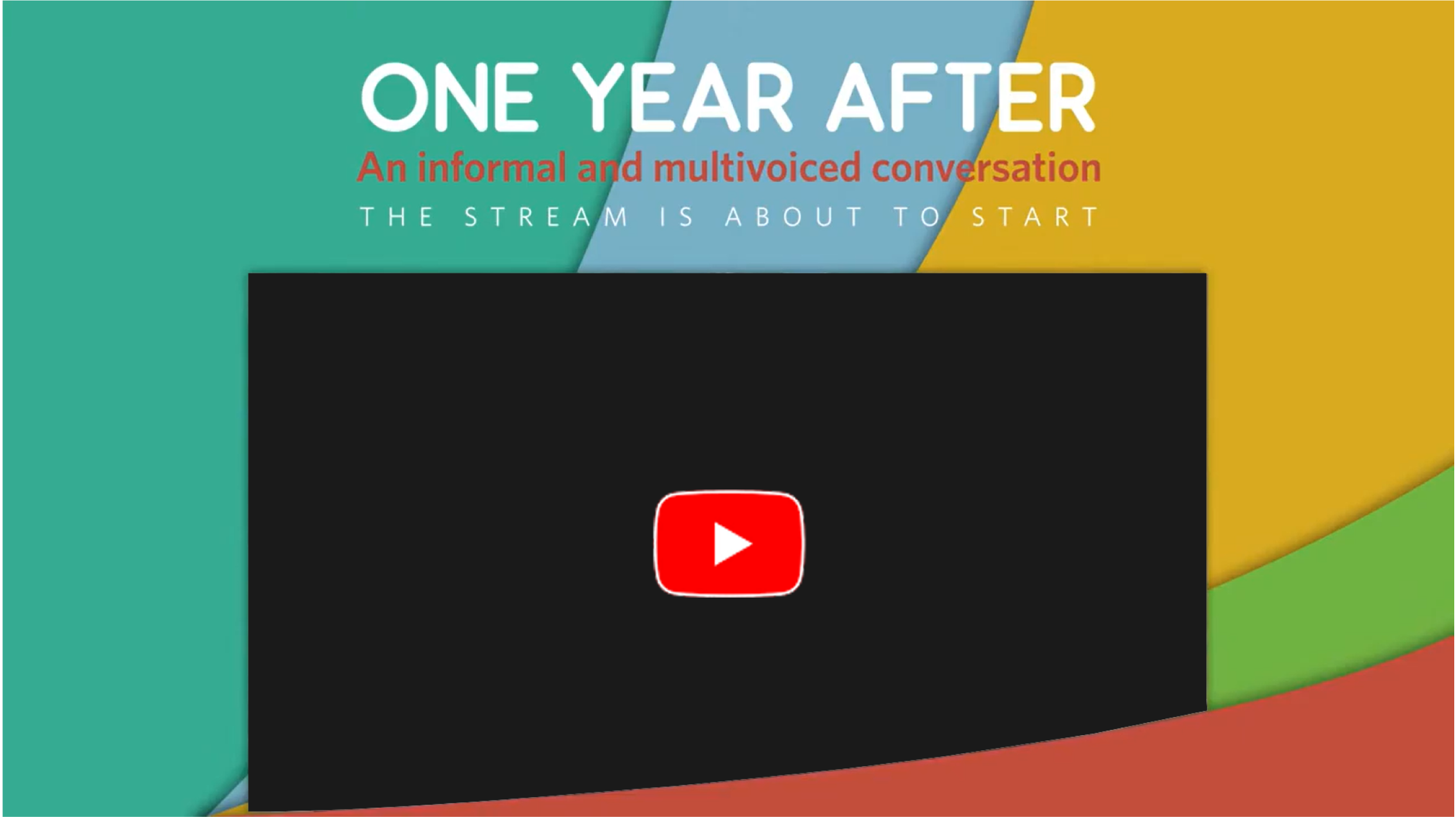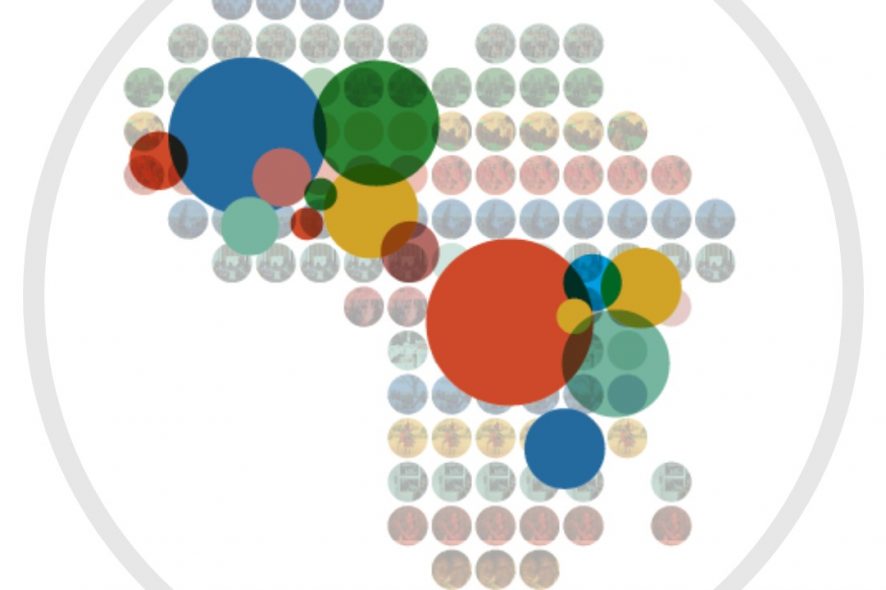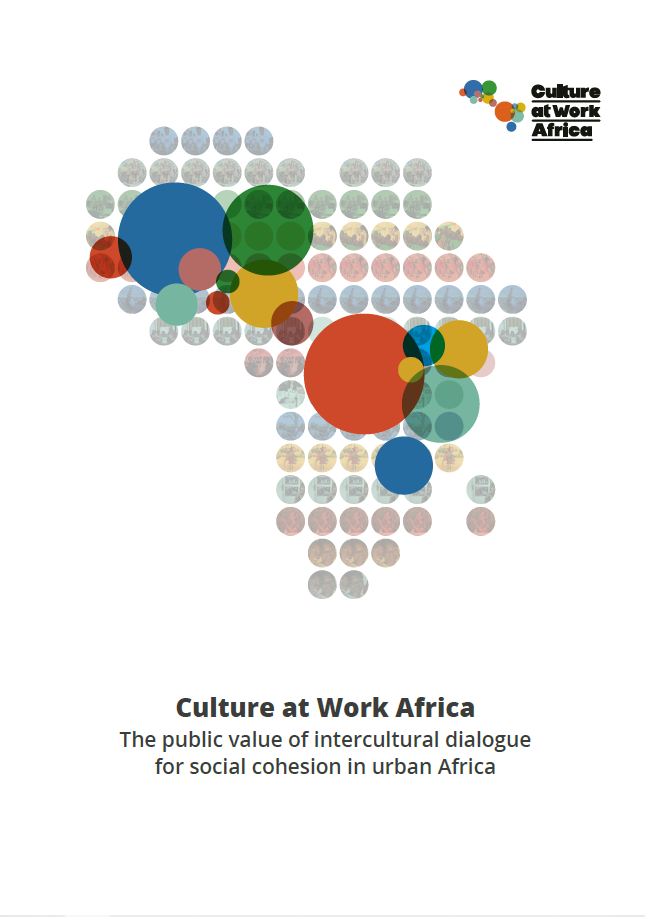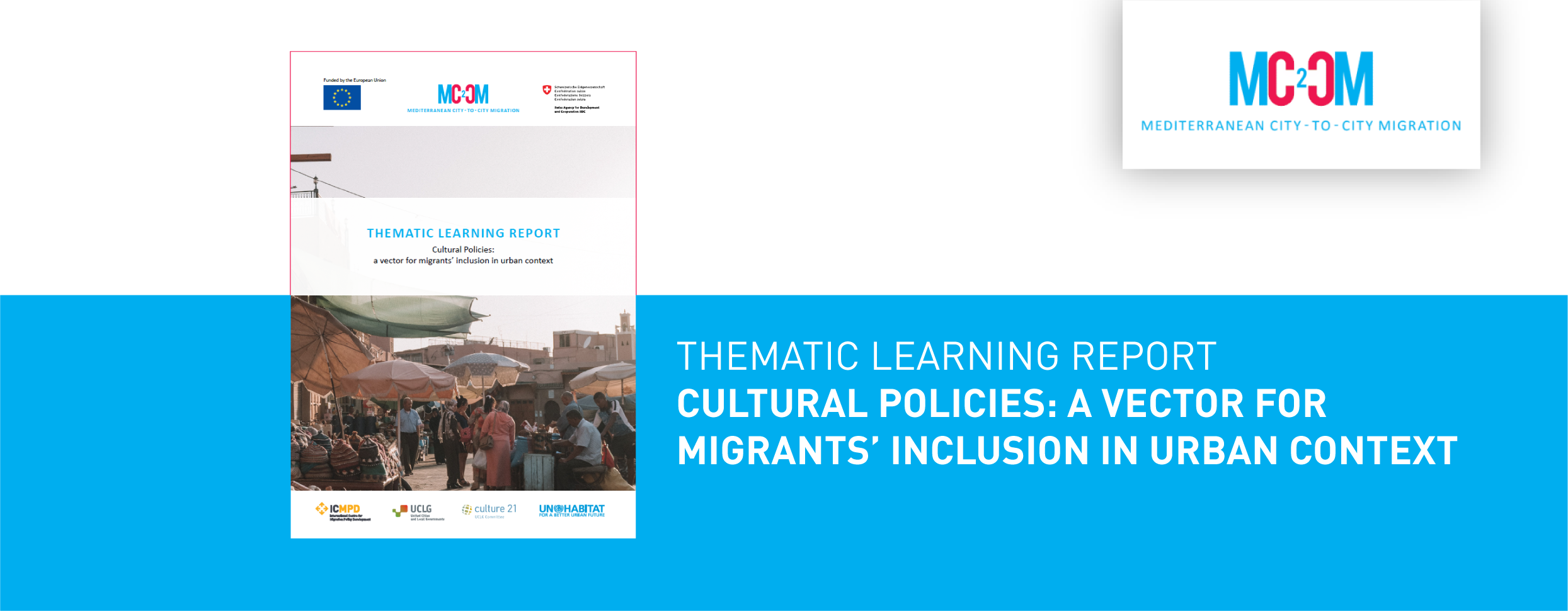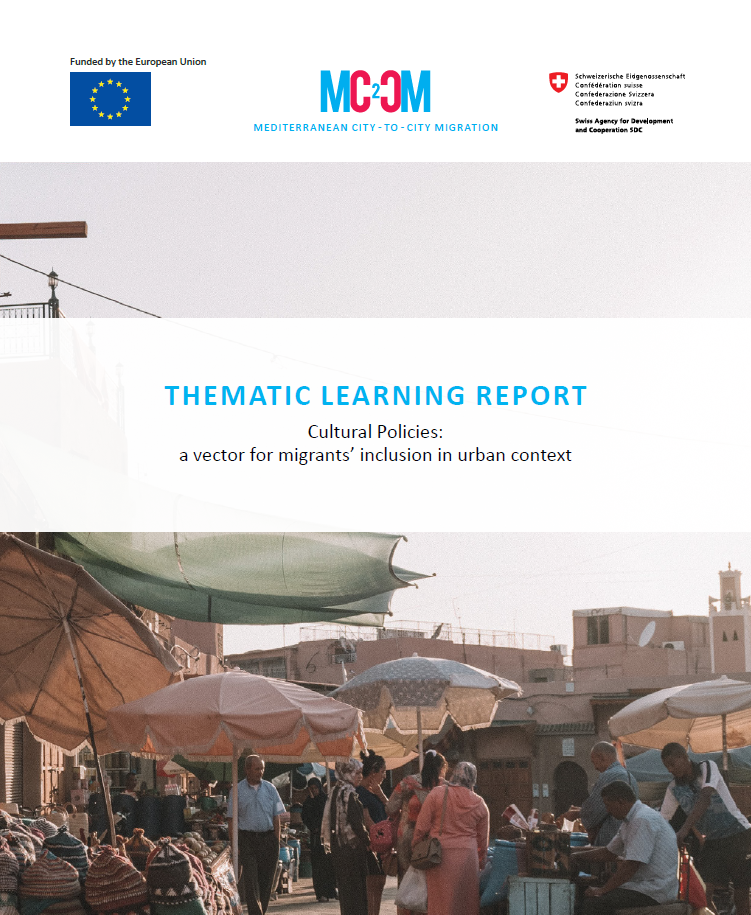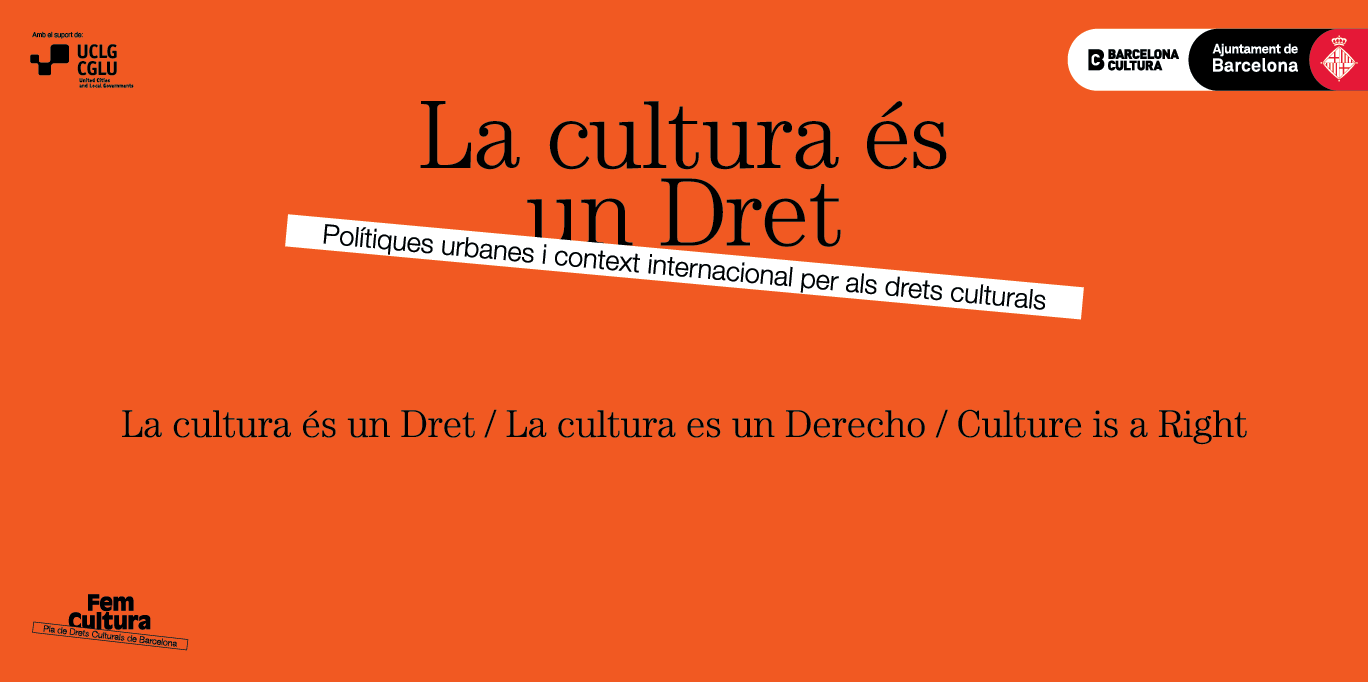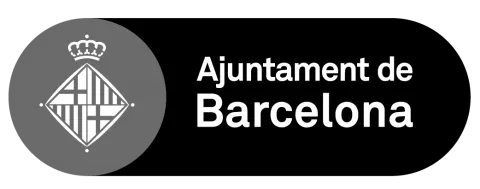The Politecnico di Milano organised on 8 July 2021 (11:00-15:30 CEST) the webinar "Mega-events in Heritage-rich Cities. From research to principles and policy recommendations".
Mega-events have been changing their relationship with the city, now more commonly using existing infrastructures and facilities. In Europe and other parts of the world, this may put historic city centres and broader heritage assets under stress. How can cities rich in culture host mega-events without putting their own heritage at risk? How can mega-events become effective ways to promote and protect tangible and intangible heritage?
The webinar introduced and launched the “Charter for Mega-events in Heritage-rich Cities” that responds to these questions. The Charter derives from the HOMEE research project that investigated case studies across Europe and involved organizations, experts and professionals in the field. It provides principles and policy recommendations for decision makers and event organisers to avoid typical pitfalls while cooperating with the heritage sector.
Find the list of speakers here.
More info at https://www.eventi.polimi.it/events/mega-events-in-heritage-rich-cities-...


